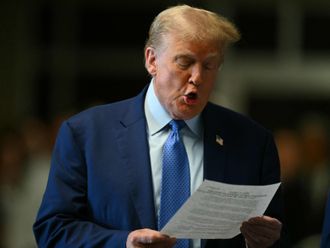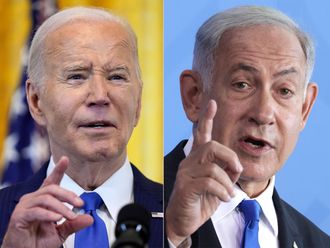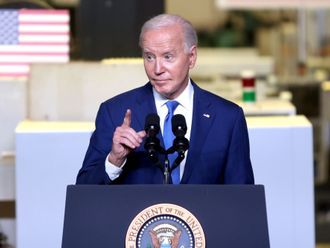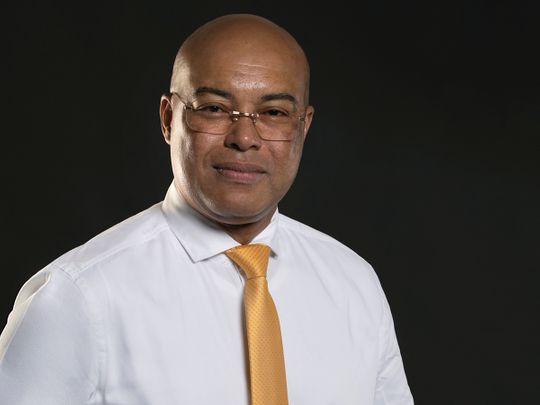
“We are working intensely to transform from a classical telecommunications operator to a trusted digital provider,” says Mike Antonius, CEO of Telesur. A transformation that started over a decade ago when Telesur launched its 3G network has been evolving gradually. Today, Telesur’s 5G service is available in Paramaribo and other commercial centres, and since 2017 it started replacing its copper network, most of which is now fibre.
These changes have allowed them to improve its mobile broadband service from an initial limited capacity of 3 mpbs to over 40 mbps, expecting to reach 100 mbps in the near future. “What Covid-19 taught us is that demands from customers are increasing,” says Antonius. Nowadays, people use our services to work and study, so they can’t handle service interruption. We are working on this technological switch that is also a change of mentality, and I believe we will get there.”
Since a big part of Telesur’s 2020-25 road map is to help Suriname catch up with the global digital transformation, it is currently focusing on expanding its LTE (mobile broadband) services to other districts outside Paramaribo while continuing to replace the country’s copper network. Telesur is also expanding the type of services it offers. Its goal is to offer clients integrated online services so instead of approaching the market through separated networks, they can act as full licensed operators and manage all communications from its offices directly to the client’s premises. “We want our customers to be able to serve themselves,” says Antonius.
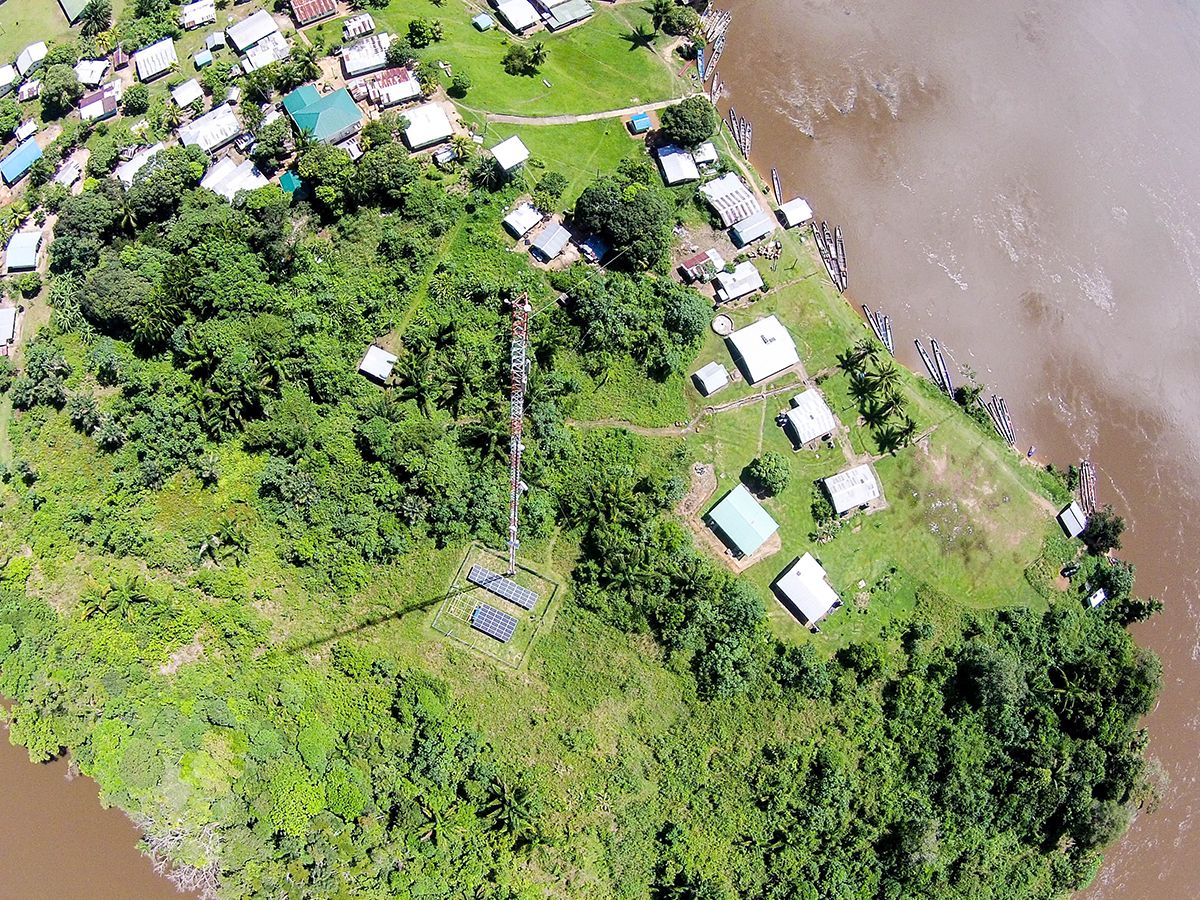
In order to achieve this, Telesur is working on a digital platform and an application that will be launched by the end of the year. Similarly, as part of the government’s E-Suriname vision, together with the Central Bank it is developing an e-payment solution, a payment platform that will allow people to pay all their services online in one place. So far, several smart retail companies and food delivery services have started integrating their e-payment solutions, and they expect it will keep on growing. “This e-system got a real boost with the pandemic, but we are still working on getting it further developed. This is what we need to do to secure our digital future,” explains Antonius.
In the coming years, Telesur expects to establish partnerships with companies in Guyana and the United States that allow it to replicate the business model it has in the Netherlands since 2008, where they work as mobile virtual network operators. It is currently in talks with potential partners in Guyana, where it also plans to expand its data centre subsidiary. Mostly, Telesur knows that to fulfil its role as e-enablers of Suriname’s digital future, they need foreign investors. “If we want to attract investors we need to be able to offer the type of services they are accustomed to. And that is exactly what we are doing; we simply cannot stay in the past.”




